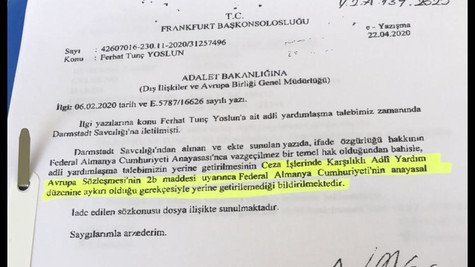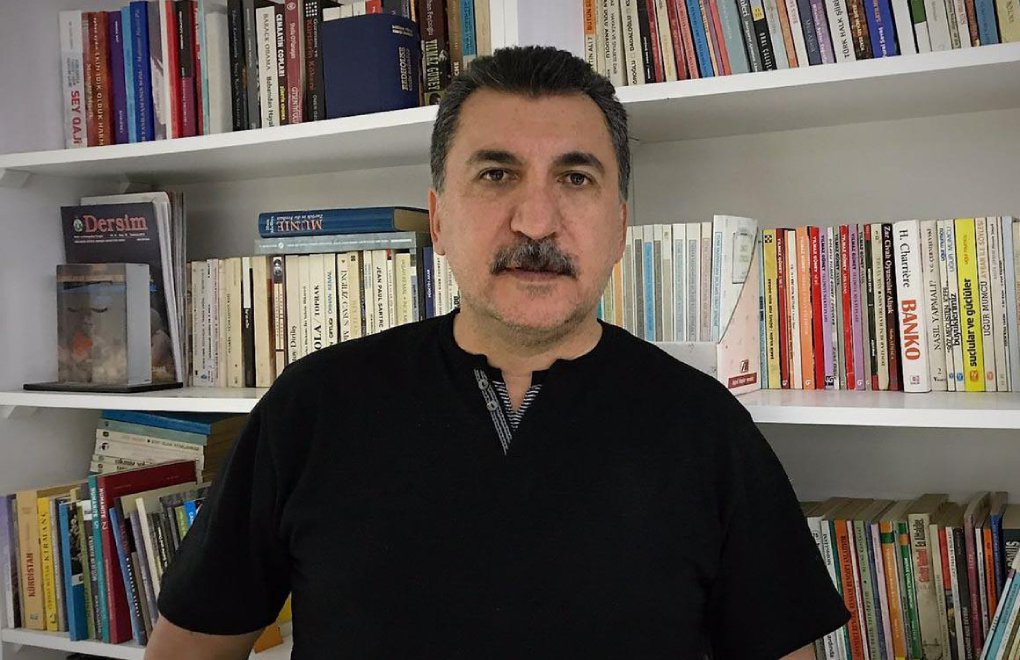Click to read the article in Turkish
Standing trial in Turkey on charges of "provoking the public to hatred and hostility" and "insulting the President" over a social media message, musician Ferhat Tunç's trial continued at the Büyükçekmece 4th Penal Court of Peace in İstanbul today (March 3).
During the hearing where musician Tunç was represented by his attorney Fırat Mehmedoğlu, the court board ruled that the execution of the detention warrant previously issued against Ferhat Tunç should be awaited and other deficiencies in the case file should be rectified.
The next hearing will be held on September 22, 2021.
Meanwhile, it was seen that the local court's request for taking the statement of Ferhat Tunç by letters rogatory* was rejected by Germany.
Sent to the local court hearing the case via Turkey's Consulate in Frankfurt, the document has said that the request for taking Tunç's statement in Germany was rejected by the Darmstadt Prosecutor's Office.
While the file has been returned to Turkey, the document sent from Germany to the local court in Turkey has noted that "the right to freedom of expression is an indispensable fundamental right according to the Constitution of the Federal Republic of Germany."
Accordingly, it has been indicated that the request for "mutual judicial assistance" was not fulfilled as per the Article 2b of the European Convention on Mutual Assistance in Criminal Matters "on the grounds that the request was against the Constitutional order of Germany."

In his tweet put on trial in this lawsuit, musician Ferhat Tunç was criticizing the referendum for the Presidential system in 2017.
Second rejection by Germany
Musician Ferhat Tunç is also on trial for "propagandizing for a terrorist organization" with his eight tweets during the Turkish Armed Forces' (TSK) Operation Olive Branch into Syria's Afrin. The court hearing this case also requested that Tunç's testimony be taken in Germany. This request was also rejected by the Darmstadt Prosecutor's Office. (HA/SD)
* Letters rogatory: "Documents making a request through a foreign court to obtain information or evidence from a specified person within the jurisdiction of that court." (Source: Oxford Dictionary)





